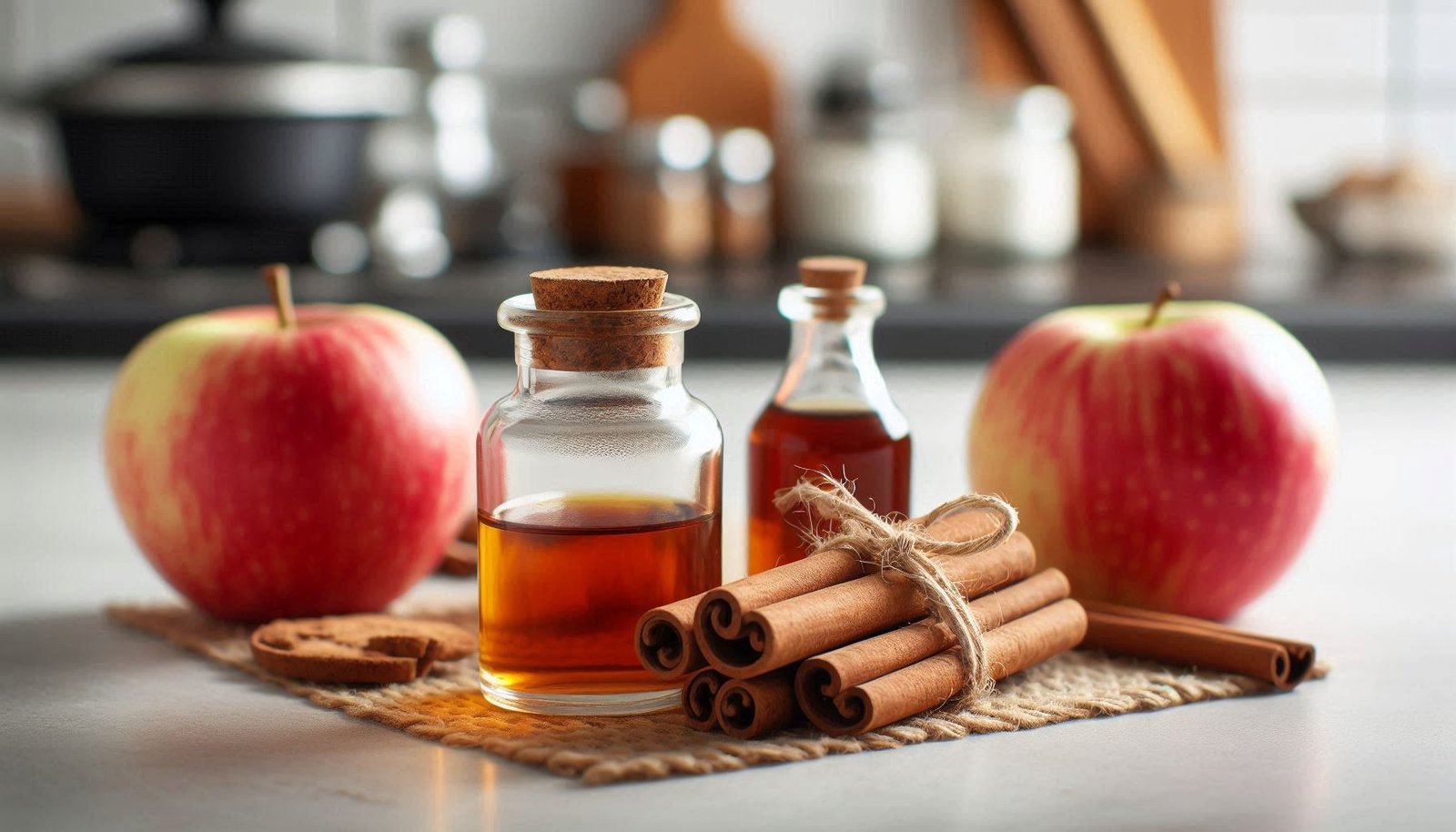
Blood Sugar: Natural Remedy at Home
Maintaining healthy blood sugar levels is key to overall well-being, particularly for those managing diabetes or at risk of developing it. High blood sugar, also known as hyperglycemia, can lead to serious health problems if not properly controlled. Fortunately, there are many effective home remedies and lifestyle adjustments that can help you manage your blood sugar levels naturally. This article will provide practical advice on how to keep your blood sugar in check using simple, everyday methods.
What Are Blood Sugar Levels?
Understanding Blood Sugar
Blood sugar, or glucose, is the main type of sugar in your blood and serves as a vital energy source for your body’s cells. You get glucose from the food you eat, and it’s transported through your bloodstream to provide energy to your muscles, organs, and brain. However, when blood sugar levels become too high or too low, it can cause various health issues. Managing your blood sugar is important to prevent complications, particularly for those with diabetes.
Common Causes of High Blood Sugar
High blood sugar can occur due to several factors:
- Diet Choices: Eating too many sugary foods or foods high in carbohydrates can cause blood sugar levels to rise.
- Lack of Physical Activity: A sedentary lifestyle can make it difficult for your body to regulate blood sugar effectively.
- Stress: Stress triggers the release of hormones that can increase blood sugar levels.
- Medications: Some medications, particularly steroids, can cause blood sugar to spike.
- Illness or Infection: Your body may produce higher blood sugar levels when fighting off an illness or infection.

Home Remedies for Managing Blood Sugar
Dietary Changes
One of the best ways to manage blood sugar levels at home is through your diet. Here are some strategies:
- Increase Fiber Intake: Fiber-rich foods like vegetables, fruits, legumes, and whole grains help slow down the absorption of sugar into your bloodstream, preventing blood sugar spikes.
- Opt for Low-Glycemic Foods: Low-glycemic foods, such as leafy greens, berries, and whole grains, cause a slower rise in blood sugar compared to high-glycemic foods.
- Incorporate Healthy Fats: Healthy fats found in foods like avocados, nuts, seeds, and olive oil can help improve your body’s insulin sensitivity, which aids in managing blood sugar levels.

Exercise and Physical Activity
Regular physical activity is a cornerstone of blood sugar management:
- Engage in Aerobic Exercise: Activities like walking, jogging, swimming, or cycling can help your body use insulin more effectively, which helps lower blood sugar levels.
- Try Strength Training: Building muscle mass through resistance exercises can also improve your body’s ability to regulate blood sugar levels.
Natural Supplements and Herbs
Certain natural supplements and herbs may offer additional support in managing blood sugar levels:
- Cinnamon: Cinnamon is believed to lower blood sugar by improving the body’s sensitivity to insulin.
- Apple Cider Vinegar: Drinking apple cider vinegar before meals may help reduce blood sugar spikes by improving insulin function.
- Aloe Vera: Some studies suggest that aloe vera may help lower blood sugar levels, particularly in people with type 2 diabetes.
Stress Reduction Techniques
Stress can significantly affect your blood sugar levels, so it’s important to manage it effectively:
- Practice Mindfulness or Meditation: Mindfulness and meditation can help reduce stress and, in turn, help manage your blood sugar levels.
- Engage in Deep Breathing Exercises: Simple deep-breathing exercises can help calm your mind and body, reducing stress and its impact on blood sugar.
- Incorporate Yoga: Yoga combines physical activity with relaxation techniques, making it an effective way to manage stress and support healthy blood sugar levels.

Everyday Habits for Blood Sugar Control
Monitoring Your Blood Sugar
Regular monitoring of your blood sugar levels is essential for effective management:
- Use a Glucose Meter: A glucose meter can help you track your blood sugar levels throughout the day, giving you a better understanding of how different foods, activities, and other factors affect your levels.
- Keep a Blood Sugar Log: Recording your blood sugar levels can help you identify patterns and make informed decisions about your diet and lifestyle.
Staying Hydrated and Its Importance
Staying well-hydrated is crucial for blood sugar management:
- Drink Plenty of Water: Drinking water helps your kidneys flush out excess sugar from your bloodstream through urine, which helps keep your blood sugar levels in check.
- Avoid Sugary Drinks: Sugary drinks like soda and sweetened teas can cause sudden spikes in blood sugar levels. Opt for water, herbal teas, or other sugar-free beverages instead.
The Role of Sleep in Blood Sugar Regulation
Getting enough sleep is essential for maintaining healthy blood sugar levels:
- Lack of Sleep Can Increase Blood Sugar: Poor sleep can reduce your body’s ability to use insulin effectively, leading to higher blood sugar levels.
- Aim for 7-9 Hours of Sleep: Establishing a regular sleep routine and ensuring you get enough restful sleep each night can help keep your blood sugar levels balanced.

Conclusion
Managing blood sugar levels at home is not only possible but can be highly effective when approached consistently. By making thoughtful dietary choices, staying active, managing stress, and adopting other healthy habits, you can take control of your blood sugar and support your overall health. While these home remedies are beneficial, it’s important to combine them with regular monitoring and professional medical advice to achieve the best results.
Eating fiber-rich foods like vegetables, fruits, whole grains, and choosing low-glycemic foods like leafy greens and berries can help lower blood sugar levels naturally.
Exercise helps your body use insulin more efficiently, which lowers blood sugar levels. Both aerobic exercises and strength training can be beneficial.
Yes, stress can cause your body to release hormones that increase blood sugar levels. Managing stress through relaxation techniques can help keep your blood sugar in check.
Certain supplements like cinnamon, apple cider vinegar, and aloe vera may help manage blood sugar levels. However, it’s important to consult with a healthcare provider before starting any new supplements.
The frequency of blood sugar checks depends on your health needs. Regular monitoring can help you understand how different factors affect your blood sugar and guide your management strategies.